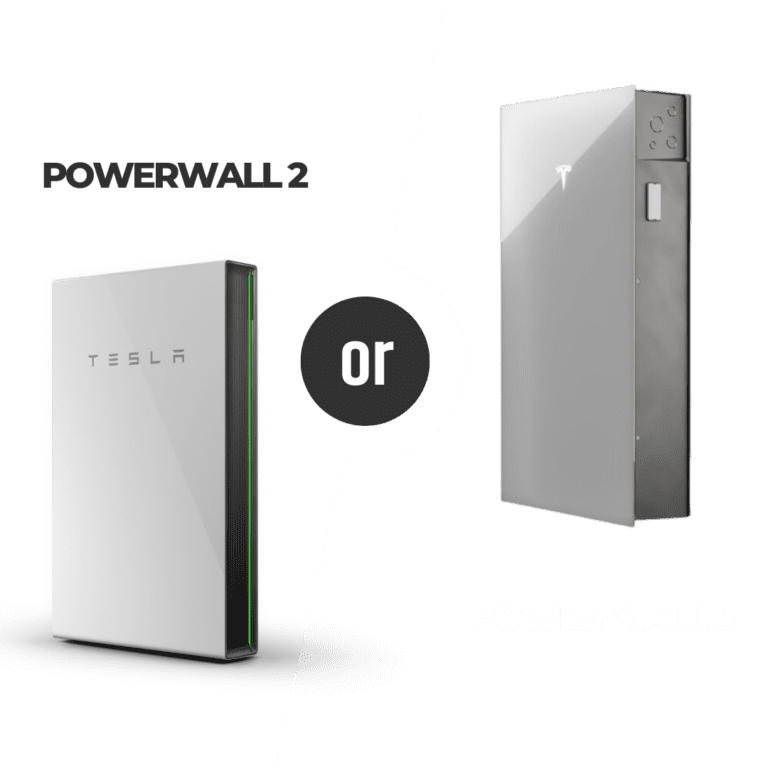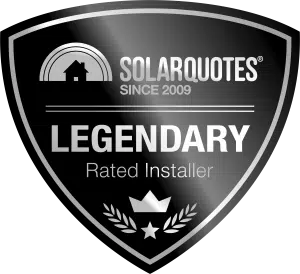
Although we usually associate energy with movement – whether the energy of a child or an athlete or the restless thrum of a generator – with solar power that couldn’t be further from the truth. Nothing moves, it’s quiet and it seems to happen by magic.
Solar panels are typically made largely of silicon, the material used to make computer chips. Solar simply means something to do with the sun, and the more you go into it, the more complex the explanation seems – but what needs to be understood is quite simple.
When the Sun hits the Silicon
The sun’s rays contain photons – particles of light – which activate electrons in the silicon in a solar panel, creating an electrical current. What we think of as “solar” panels are usually photovoltaic panels, with photo being to do with light and voltaic to do with electricity (you’ve heard of volts, a standard electrical term).
The electricity created in this way is harnessed and made to work like traditional electricity. Solar panels are typically placed on the roof of a building, although in some countries you will find fields full of them, all facing the same way and known as solar farms, in the same way as wind turbines are placed to catch the wind and known as wind farms.
Not Just for Hot Climates
It is tempting to think of solar power as an option only for hot places, but that is not true. Solar panels use the sun’s light, not its heat. So can they work in cool temperatures? Yes, because as long as there is daylight (note the word light) the process is able to function. Cool temperatures can be good, in fact, because cool electrons are at rest and when the photons activate them, the rise in voltage is more pronounced and more energy is created. Also, solar panels have a peak temperature, above which they lose efficiency, so too much heat is counterproductive.
Solar in the Rain & Snow
Direct sunlight, in which the rays travel in straight lines, is best, but the system can still work in rainy conditions where the rays are diffused (knocked off course. Rain can actually help by cleaning the panels, washing away dust and allowing the rays to get in more easily. Oddly, solar panels even work in the snow, because snow is white and therefore reflects light, so there are plenty of rays bouncing around to eventually find their way to a panel. Although snow is reflective, rays can get through it, and the dark glass of a panel will make snow melt more quickly. Also, solar panels are set at an angle to help rain, snow and dust to slide off.
Batteries for Night-Time
At night, though, it is dark, and that means no light. No light = no solar energy. But solar panels can continue to contribute to electrical needs during the night if the energy is stored in batteries.
Solar panels can often be seen on small structures such as bus shelters, where one small panel can produce the energy needed to power a light bulb. Similarly, little lights planted in the garden with a small panel on top can absorb the light during the day and release it to light a path after dark.
For solar panel installation in Sydney, choose Penrith Solar Centre. Get your solar quote today!










